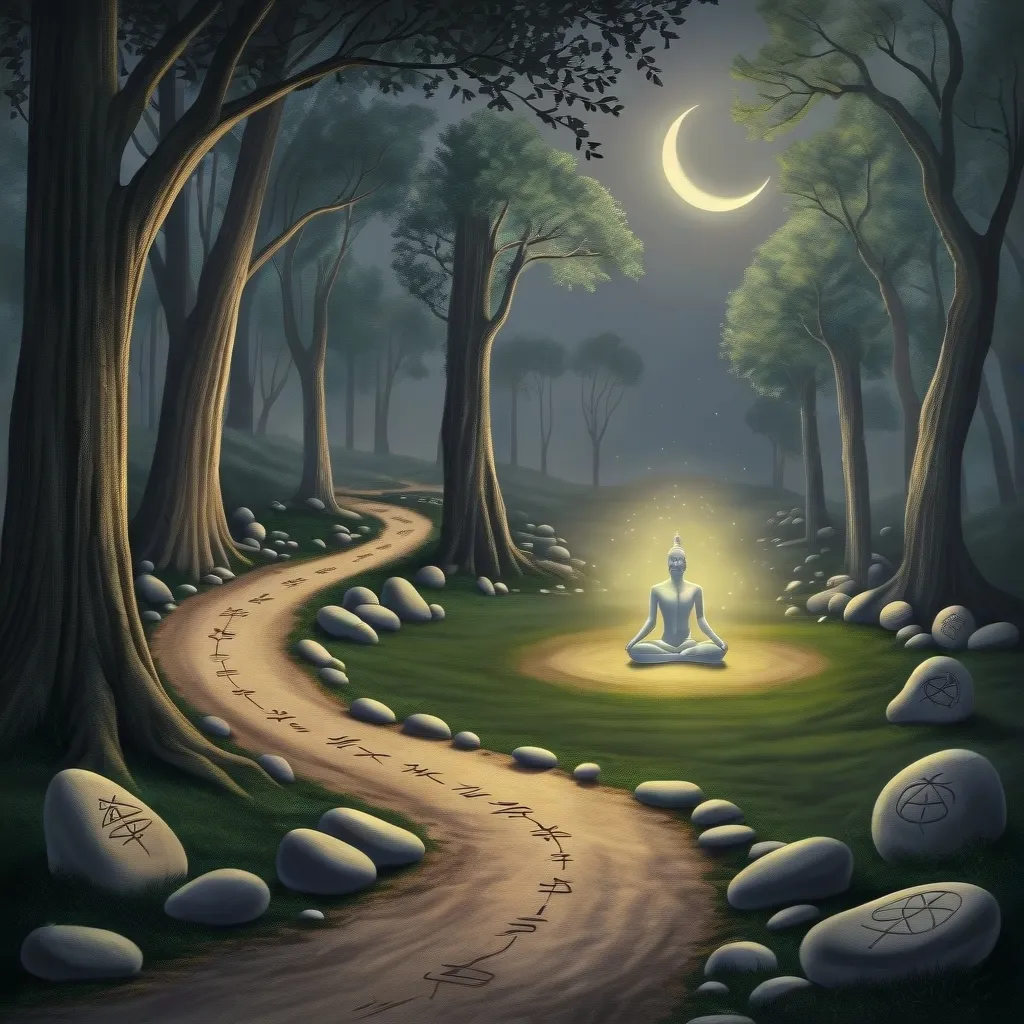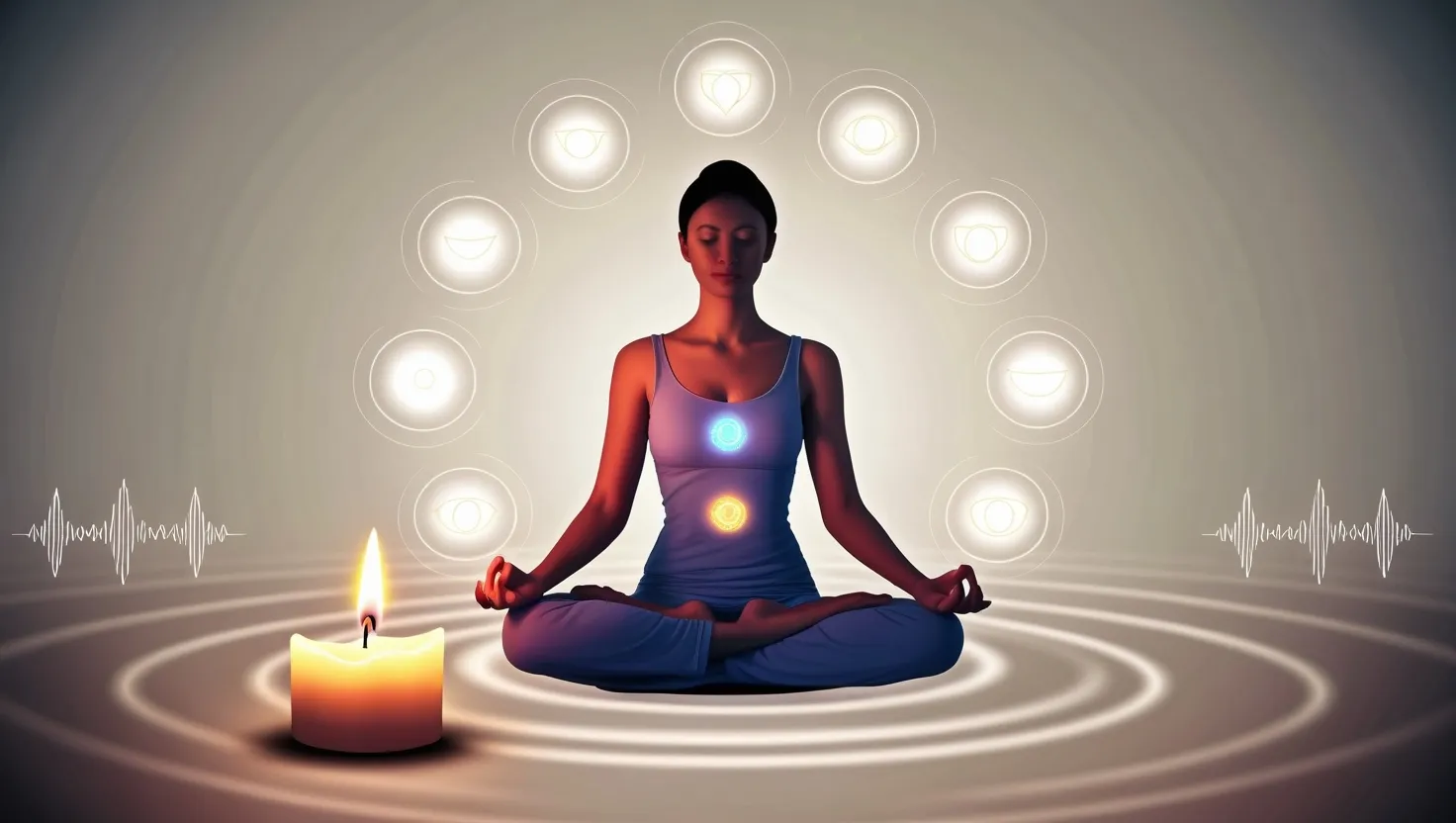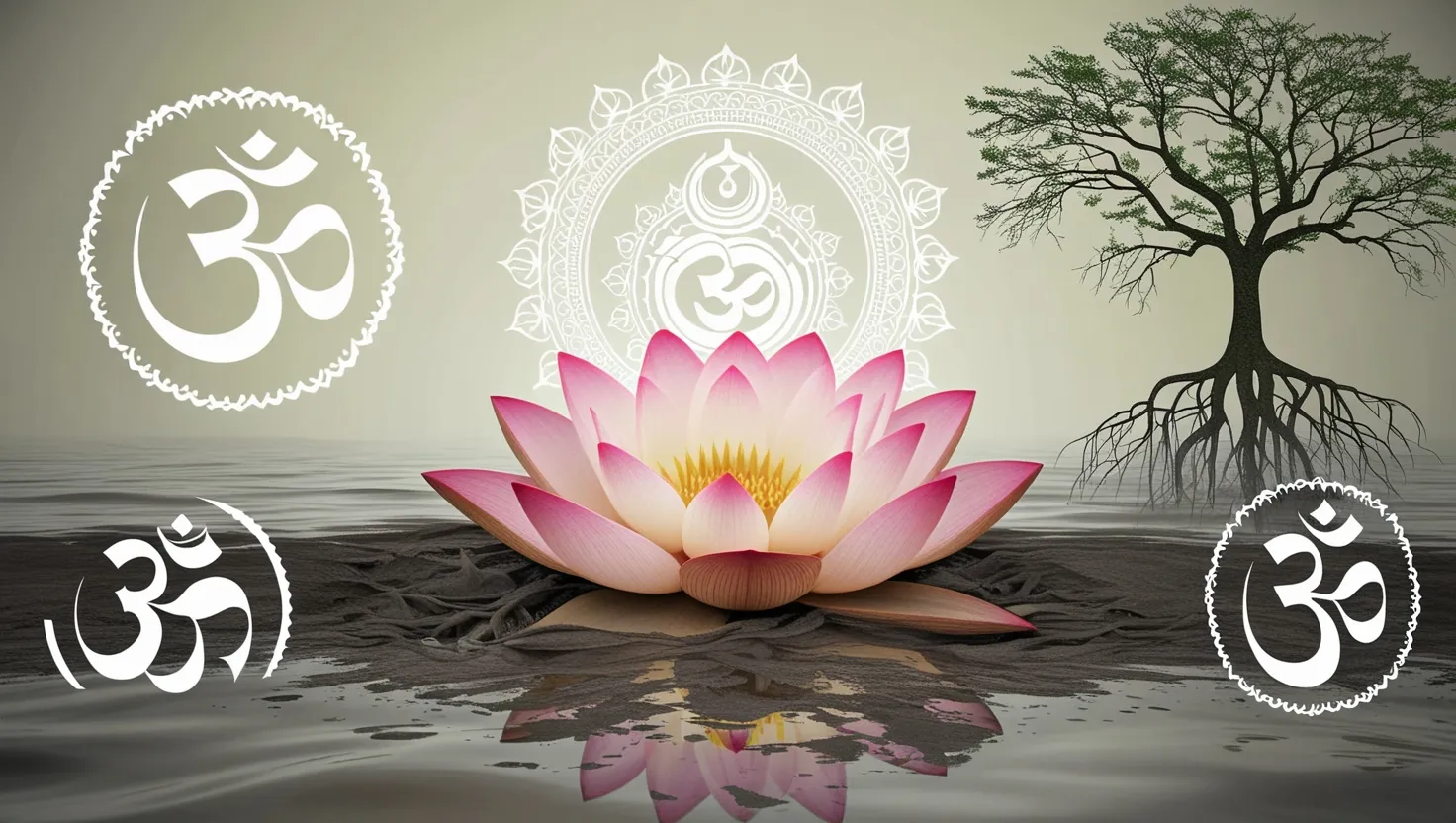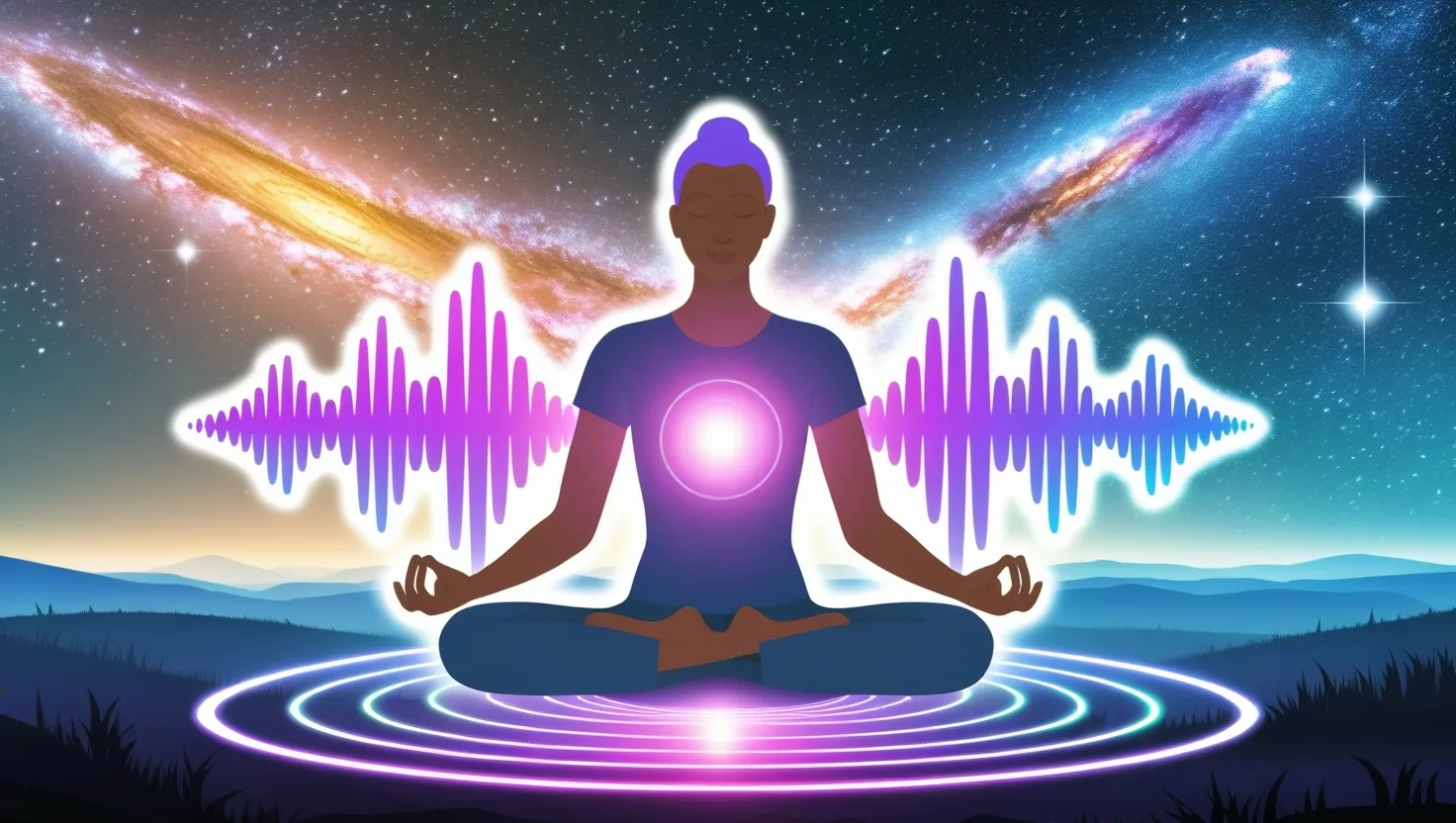Walking the winding road of spiritual awakening, Jnana Yoga stands as an intriguing path for those yearning for deeper understanding. Unlike other forms of yoga that focus primarily on physical postures or devotional practices, Jnana Yoga digs into the intellectual landscape, uncovering truths about existence and self through knowledge. It’s the “Path of Knowledge,” a cerebral dive into the vast ocean of reality, beckoning anyone willing to question the fundamental essence of life.
The very essence of Jnana Yoga revolves around the pursuit of wisdom. The word ‘Jnana’ hails from the Sanskrit word for “knowledge” or “wisdom,” but it’s not merely about gathering information from books or lectures. It’s an experiential journey, encouraging practitioners to seek a profound understanding of themselves and the universe, challenging them to strip away layers of ignorance and ego. This endeavor is not for the faint-hearted. It demands courage, intellectual fortitude, and a readiness to confront sometimes uncomfortable truths.
At its heart, Jnana Yoga is all about self-inquiry. Throughout its practice, individuals learn to scrutinize their inner realms, bravely confronting personal flaws, worries, and triggers. By deeply engaging with these elements, practitioners grow more aware, fostering honesty with themselves. It’s an enlightening voyage designed to peel back the layers that shield one’s true nature from view.
The intellect plays a crucial part in Jnana Yoga. Through the power of reason and logic, practitioners work to differentiate between what’s real and unreal, permanent and temporary. This discernment, known as “Viveka,” acts like a lighthouse guiding one’s journey toward self-realization through the often murky waters of perception and vanity.
Jnana Yoga is also guided by the Four Pillars of Knowledge, known as “Sadhana Chatushtaya.” These pillars act as stepping stones:
-
Viveka - Practitioners learn to focus on what truly matters by distinguishing between the real and the unreal.
-
Vairagya - This is about nurturing non-attachment to worldly pursuits and the ego, diving deeper into the inner self.
-
Shatsampat - A set of six virtues that help stabilize mind and spirit: tranquility, restraint, withdrawal from distractions, endurance, faith, and concentration.
-
Mumukshutva - The burning desire for liberation pushes one to seek true knowledge and understanding.
The practice of Jnana Yoga takes these foundational concepts and brings them into action. It starts with gaining knowledge through the study of sacred texts like the Upanishads, Patanjali’s Sutras, and the Bhagavad Gita. This isn’t about passive reading—it’s an active engagement where the wisdom from these texts is deeply contemplated and reflected upon. The ultimate goal here is detaching the ego from the true Self, thus granting clarity and understanding of one’s authentic nature.
Meditation anchors Jnana Yoga, especially those centered on self-inquiry. This type of meditation works to clear away illusions formed by preconceived notions and societal perceptions. Practitioners often focus on questions like “Who am I?” or “What is the nature of reality?” These meditative inquiries reveal insights into the impermanent and illusory facets of our surroundings, guiding practitioners closer to truth.
Finding a guru or teacher often adds invaluable support to this journey. A guru offers guidance, shedding light on complex thoughts and doubts. Building a relationship rooted in trust and mutual respect is crucial as this connection often acts as a beacon in navigating Jnana Yoga’s challenging path.
Detachment becomes another key player in this saga of self-discovery. For many, detaching from the ego and worldly connections is both daunting and rewarding. As one navigates self-reflection, it becomes clear that identity isn’t tethered to thought, emotion, or material possessions. This recognition allows for the blossoming of inner wisdom, encouraging a broader understanding of one’s connection to the universe.
Beyond intellect lies firsthand experience, known as Vijnana. Jnana Yoga’s journey doesn’t stop at understanding; it teeters on the brink of mystical experience. Vijnana transcends intellectual comprehension—words can hardly capture it. It’s like tasting freedom or feeling the pulse of life as an interconnected web. Here lies the dissolution of separation between the knower, the known, and the process of knowing, culminating in the embrace of life’s unity.
The trek to enlightenment through Jnana Yoga is challenging, yet enthralling. Questioning long-held beliefs about self and the world knocks down the mental walls that imprison true inner completeness. This pursuit points toward the seventh stage of yoga: Enlightenment.
Embracing the journey is pivotal in Jnana Yoga. It’s not about reaching a magical endpoint; it’s investing in the experience itself. The path demands devotion and seriousness without losing the lightness of being. It’s about continual practice, study, and inquiry, driven not by a specific outcome but by the pleasure of self-exploration. As this path unfolds, life’s magic reveals itself often in unexpected, delightful ways.
In essence, Jnana Yoga extends a profound invitation to delve into consciousness’s depths, probe into reality’s fabric, and embrace the peace and wisdom nestled at existence’s core. This soulful pursuit promises a rewarding path, both rich and enlightening, whether embarking as a seasoned yogi or someone just beginning this extraordinary spiritual journey.






